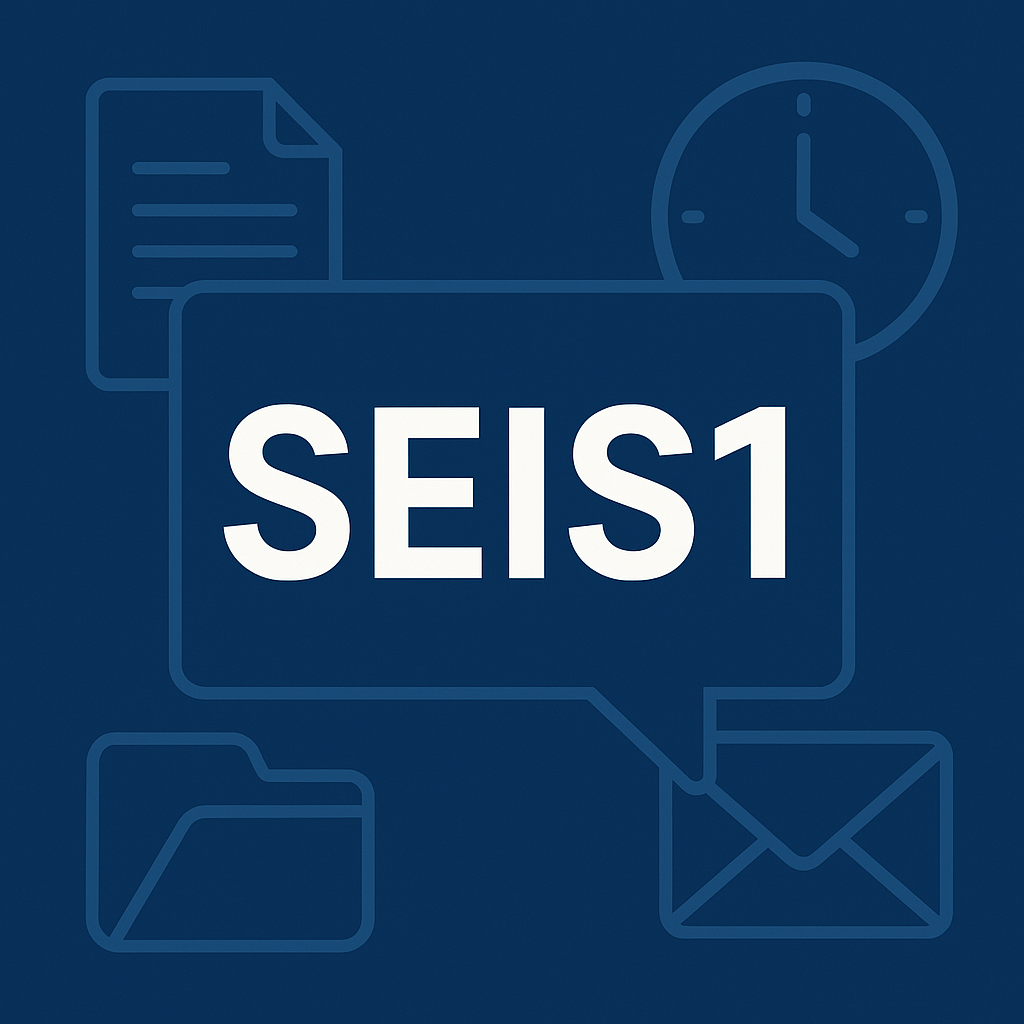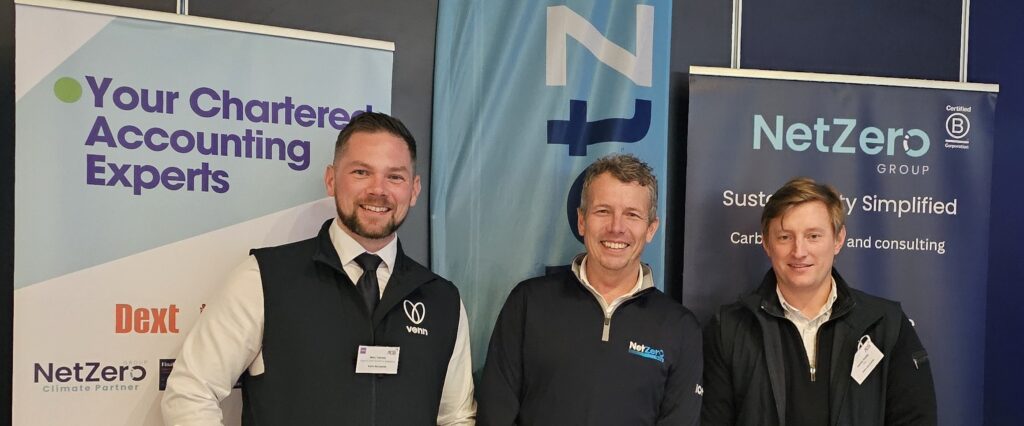By its nature, software development is experimental and involves sufficient unknowns to make it a suitable candidate for tax credits.
However, there are still basic conditions you must meet first.
R&D tax credit software development first depends on whether your company is subject to UK corporation tax.
If it is, you can then move on to see how your work might qualify. Your company must be funding the software development you’re claiming for in some way.
This funding can come in various forms, such as:
- Payment of salaries for the developers involved, or
- Subcontracting the software development
The development work may take place anywhere, including overseas, but there are different rules for claiming for either full-time employees or subcontractors.
Once you’re clear you meet the basic criteria for claiming R&D tax credits, you can then look at the details of your project, to see if it qualifies.
There are various ways in which it can do this:
- Through the advancement of knowledge
- By resolving uncertainties
Technology Baseline and Advancement of Knowledge
The technology baseline is the state of knowledge that’s currently available in your industry. Compare this baseline to the technology goals of your development project.
Fundamentally, your project has to be about the advancement of knowledge. This might be through developing a new software product or platform, but it could also be about adding to the industry’s knowledge in a specific area of development.
To meet this criterion, your project must:
- Exceed the current technology baseline of comparable products or projects
or
- Be a new or substantially improved product or process
or
- Use new or substantially improved methods, integrations or architectures
Resolving Uncertainties
Resolution of uncertainty applies as a condition when:
- Your project’s technology is not in the public domain
or
- Your project presents a technical challenge, and from the outset, it’s not known if a competent professional could solve this challenge
or
- A competent professional could solve the technical challenge, but how to achieve a practical result is still unknown – and your project will test to achieve this
or
- There is system uncertainty; your project is complex due to different systems or technologies interacting with each other, and your work must resolve these issues.
Types of R and D Tax Credit Software Development Projects
Examples of software development that can qualify for R&D tax credits include:
- AI or machine learning
- Algorithm design
- Programs for processing big data
- Data science projects
- Neural network development
- Firmware development
- Blockchain development
- Software for robotics, including IoT software
- Game design
These are only examples. Numerous, diverse projects can qualify for R&D tax credits. What matters is yours meets the criteria.
How do you know, and what do you do to apply?
Venn Accounts is a cloud-based accountancy service able to provide expert guidance and support for tech companies and startups.
For more information about claiming R&D tax credits, please fill in our contact form and we’ll be in touch as soon as possible.






